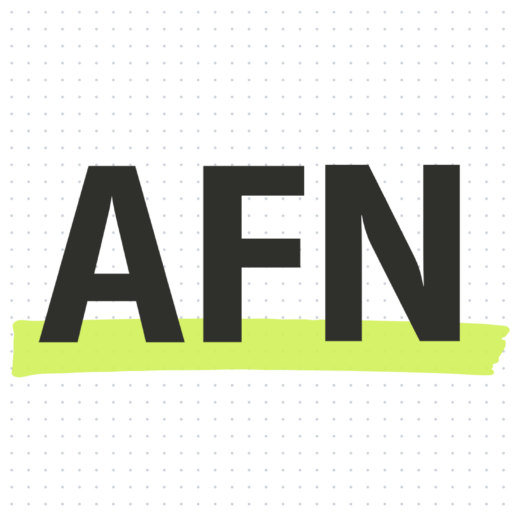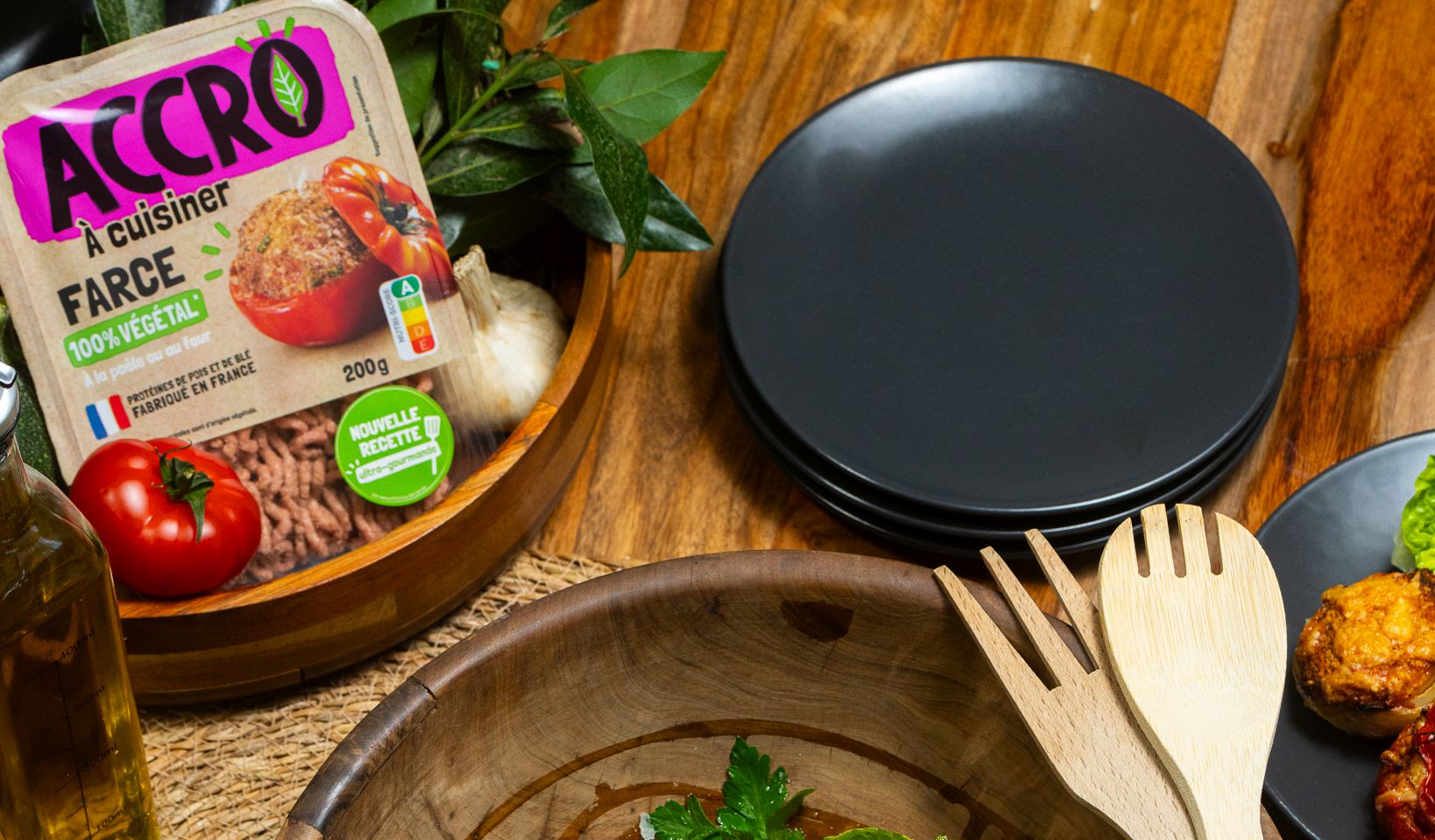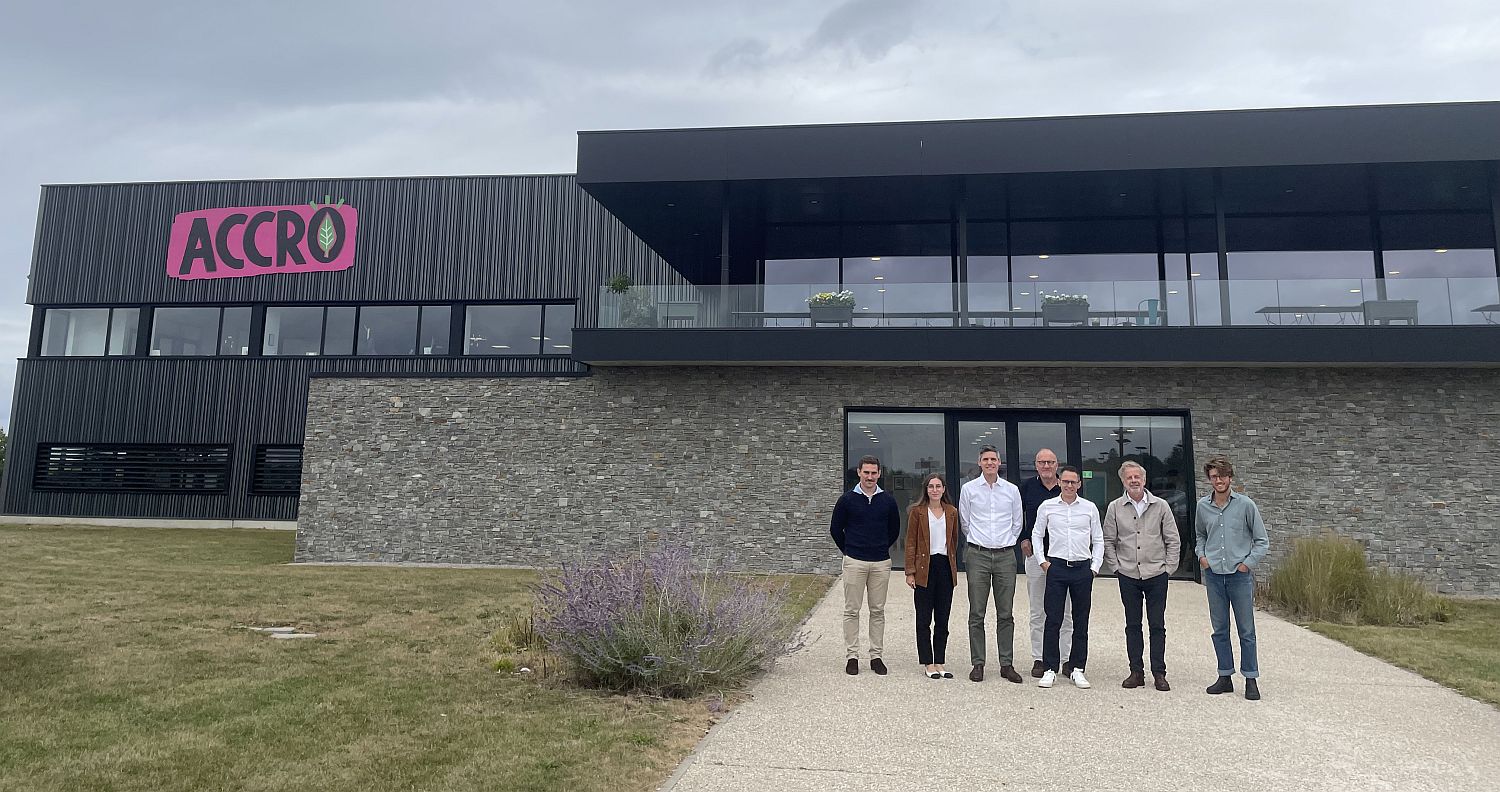
While sales of plant-based meat are going backwards in many markets, French startup Nxtfood—best known for the ACCRO brand—has just secured a €49 million ($58 million) funding round on the back of rapid growth in retail and foodservice markets.
The round was backed by existing investors Creadev and Roquette Ventures, and new investors Clay Capital and IRD Invest (Groupe IRD).
The investment is Singapore-based Clay Capital’s first in plant-based meat alternatives, said managing partner Matthieu Vermersch. “We have long observed the plant-based meat market with caution, looking for the right alignment between product, strategy, and team. With Nxtfood, we have found a company that combines operational excellence at scale, European ambition, and a clear path to profitability – a challenge that few players in this sector are able to meet today.”
The capital will be used to expand production at Nxtfood’s site in Vitry-en-Artois, France, tripling its footprint to 12,000 square meters, and fund further R&D in high moisture extrusion.
It will also be used to accelerate sales and marketing in France via the ACCRO brand, and elsewhere in Europe via b2b and co-manufacturing opportunities, says the firm, which aims to achieve profitability in 12-18 months.

Rapid growth
Founded in 2019 and with its first products into the foodservice market in late 2022, Nxtfood develops plant-based meat products from locally grown wheat and pea proteins. It claims to be the fastest-growing plant-based start-up in France, with 20+ products spanning alt chicken, beef and pork sold in all leading food retailers and 10,000+ foodservice outlets.
CEO Renaud Saïsset told AgFunderNews: “In 2022 we did €1 million ($1.2 million), last year we were at €9.2million ($10.8 million), and this year, we will finish the year at around €17.4 million ($20.5 million). So that’s a nice growth, but there’s still a lot to do.”
Reaching profitability is in part a function of economies of scale, said Saïsset. “With our new industrial plan, we will also improve efficiency and yield so we will improve our production margin, but we are also careful on controlling spending.”
The French alt meat market
While sales of meat alternatives are flat or down in many markets, the French market is growing at a double-digit rate, he claimed. “Retailers and foodservice companies want to catch the major part of this growth, so they are dedicating more space to these products and welcoming innovations, provided that they offer something new.
“Most of them have launched private labels, a key growth opportunity for us [as a co-manufacturer] … and they are investing in terms of advertising and promotions. The private label share of market is increasing very fast, so they are very excited about this category.”
On merchandising, he said, “There are still lots of questions to understand where would be the best place to put these products [in the store]. At the moment, most are gathered in the chilled prepared food area, and this seems to work. But they are thinking of other possibilities, so there are some tests to try to see what could be the best implementation in the future.”
In foodservice, meanwhile, “We are targeting all parts of the market,” said Saïsset. “QSR and commercial channels are working very well and it’s a good way of opening the market, because consumers are happy to try things [when they eat out] and discover this new generation of products. And then they are more eager to buy them in retail.
“There is also a strong opportunity in school canteens because there is experimentation in France to bring more plant-based menus. And this new generation of products is much more attractive because they don’t have so much waste. Before, with the plant-based menu that they proposed, they had a lot of waste, but now, the level of waste is the same as [conventional] meat.”
The trough of disillusionment
Asked about the funding landscape, Saïsset said: “The global economic context is tougher than before, for sure. And I think investors have also been disillusioned about the plant-based market as expectations were too high. I think all the signs are good, but it takes time to change habits.”
In France, he said, the plant-based market “is a bit younger and less mature and if we are clever, we should learn from what happened in some other markets. We have to focus on bringing more innovation, not just more brands. I could see in the UK market some years ago for example that there were lots of brands, but they were all making the same products.”
While it’s only one factor, he said, consumers also want shorter ingredients list, balanced nutrition, and clean labels in the meat alternatives market.
“We have a very short ingredient list and a very clean product. We only have green [colors] in [front-of-pack nutrition labeling scheme] Nutri-Score and we are also very careful to bring the right level of proteins at the same level as meat, plus we are rich in fibers and low in saturated fat.”
